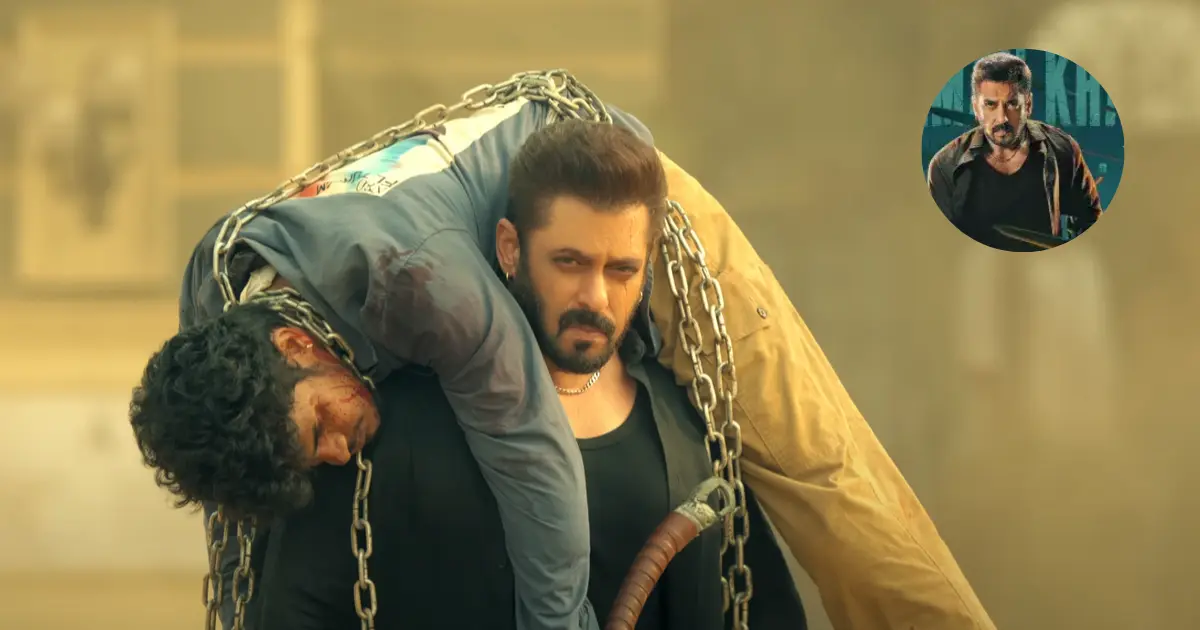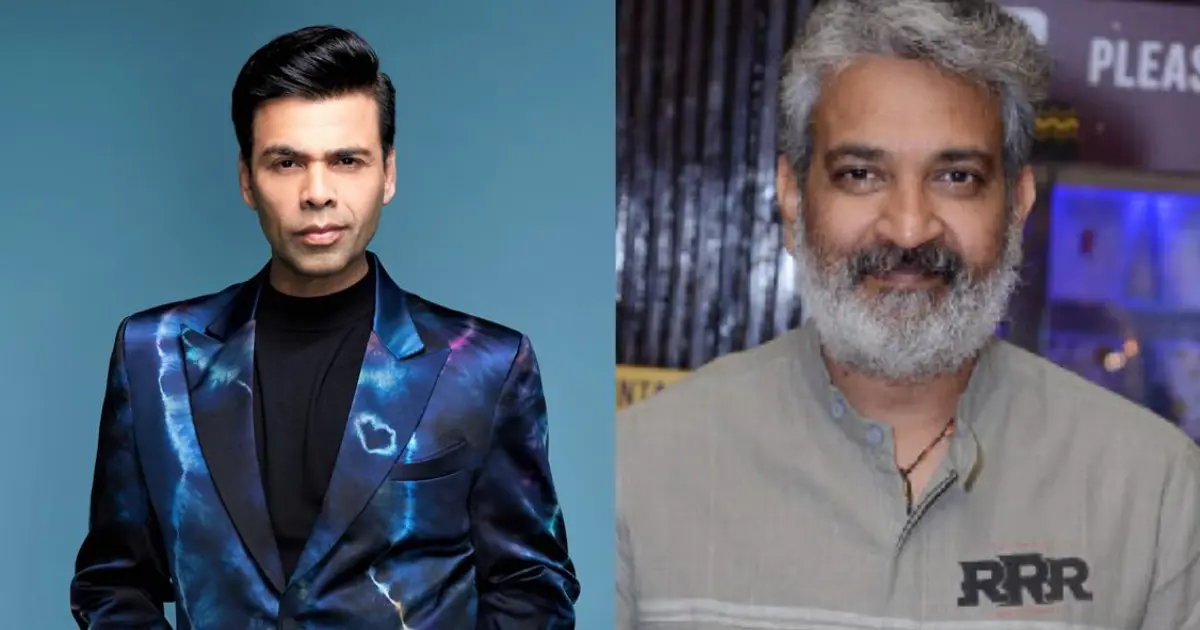
A fresh controversy is stirring up the entertainment industry, and this time it’s between two of its most influential voices , Ektaa Kapoor and Anurag Kashyap.
What began as a remark by Netflix CEO Ted Sarandos has now sparked a full-blown war of words, revealing a deeper divide within the world of Indian content creation.
So, What Happened?
During a recent industry event, Netflix CEO Ted Sarandos reflected on the platform’s early days in India and called their decision to launch with Sacred Games in 2018 “a strategic mistake.” He went on to say that, looking back, he would have preferred to lead with more “popular” content.
This comment didn’t sit well with filmmaker Anurag Kashyap, one of the creative forces behind Sacred Games. Taking to Instagram, Kashyap hit back, calling the Netflix chief “dumb” and implying that the platform has now shifted toward the very kind of content it once distanced itself from.
He didn’t name names, but his comment was aimed at Netflix’s recent collaboration with Balaji Telefilms — Ektaa Kapoor’s production house, known for its mainstream, family-oriented shows.
Ektaa Kapoor Hits Back
Ektaa Kapoor wasted no time in responding. In a fiery Instagram story, she called Kashyap “classist” and “stupid,” accusing him of looking down on content that connects emotionally with millions of Indian households.
She defended the relevance and impact of family dramas and saas-bahu serials — genres that have helped shape the Indian TV landscape for decades. According to Ektaa, dismissing them as lowbrow is nothing but elitism.
“Every form of storytelling has its audience,” she wrote, urging Kashyap to show more respect and “self-awareness.”
More Than Just a Personal Spat
This isn’t just a clash between two content creators — it’s a reflection of a much bigger debate in the industry. On one side, you have Ektaa Kapoor, the queen of Indian television, known for massively successful shows like Kyunki Saas Bhi Kabhi Bahu Thi and Kasautii Zindagii Kay. On the other side is Anurag Kashyap, known for gritty, genre-defining films like Gangs of Wasseypur, Black Friday, and, of course, Sacred Games.
Their recent exchange highlights the ongoing tension between “mass appeal” content and what’s often considered “niche” or “artistic” storytelling. In the age of streaming, where platforms are constantly trying to balance reach with reputation, this debate is more relevant than ever.
The Bigger Picture: What Should OTT Offer?
As streaming platforms like Netflix continue to expand in India, they face a tough challenge: should they cater to broader audiences with high-volume, high-emotion content, or should they stick to bold, experimental storytelling?
This latest face-off only reinforces how divided the industry still is when it comes to defining “quality content.” With television and OTT increasingly overlapping in tone and treatment, one thing is clear — the conversation around content is evolving, and it’s not backing down anytime soon.









